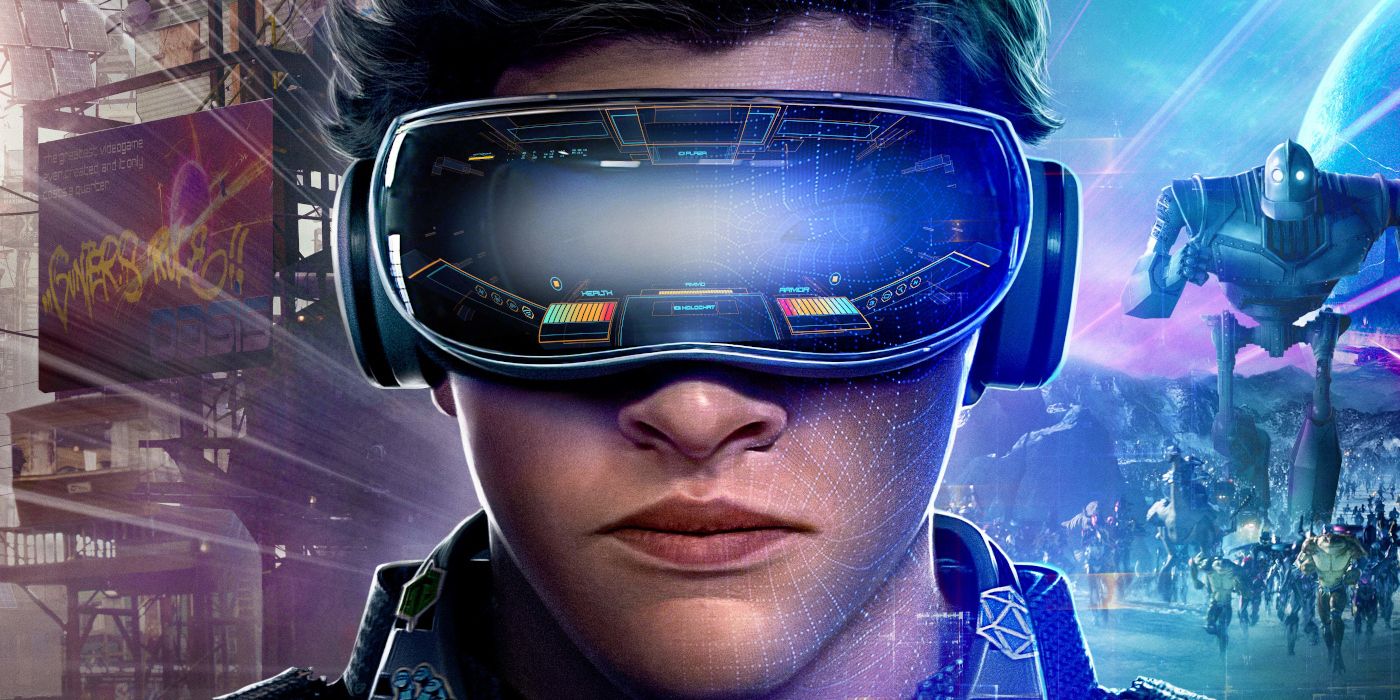
Hollywood is turning to VR gaming technologies to help its film production efforts recover in the age of COVID-19. In fact, in some cases, it's already begun. Disney's recent releases of The Mandalorian and The Lion King utilized HTC Vive headsets and Epic's Unreal Engine in order to create the immersive backgrounds seen onscreen. Instead of traveling to a barren desert as George Lucas might have decades ago, the newest Star Wars production took place on a soundstage with aspects of a real set placed against a light board projecting a virtual background. The end result is an impressive visual feast that could become the new normal as movie studios find a way to continue producing amidst the global pandemic.
Epic Games has been pitching the Unreal Engine beyond the realm of gaming for some time, and it has taken some hold in the last four years. The application of VR lightboard technology has been used as a sort-of upgraded green screen for vehicle sequences in everything from Martin Scorsese's Oblivion to the video game-adapted Rampage. VR tech has had an even shorter turnaround in Hollywood, but Mandalorian showrunner Jon Favreau is an early proponent of the technology, using it on his last three productions for the Mouse House.
All this came before the COVID-19 pandemic shut studios down. As CNBC shows in a recent report, Hollywood productions need to rethink how they capture their films now more than ever. Virtual reality technology is becoming an easy answer to the question of how to produce huge films while keeping their cast and crew socially distant. For example, VR tech is now being used for location scouting, where a studio can hire a local crew to capture locations they'd like to use in a film and then rework those shots into an environment they can use to scout in VR and then utilize in a final shot.
Much like many other more mundane work environments around the country, studios are also utilizing video chat technology like Zoom to coordinate from their homes. However, the difference for film companies comes with VR tech, where the video chat participants aren't even utilizing the video portion of the chat as they have meetings. Instead, they're exploring virtual sets in VR and discussing camera angles and possible shots. Think of it as a private session of VR Chat, only the participants are dishing about the latest twists and turns of the MCU instead of trading the latest memes.
Video games have long been ahead of the curve when it comes to creating visual worlds. In their quest to produce movie-quality experiences viewers can interact with, they've perhaps surpassed Hollywood when it comes to rendering fantastical vistas we could once only visit in our mind's eye. With the quick adaption of VR by studios everywhere thanks to COVID-19, a merging of mediums that may have taken years to happen is now on the fast track. Will the audiences of tomorrow still go to movie theaters to see these creations? Will films resist the interactive element that makes games so tantalizing? Or will we be paying for box office access to the latest edition of Halo as directed by Christopher Nolan? The future is always full of surprises.
Source: CNBC
from ScreenRant - Feed https://ift.tt/2YjOftK



0 Comments